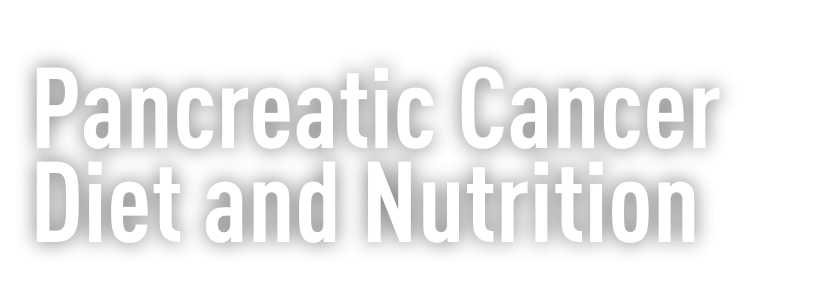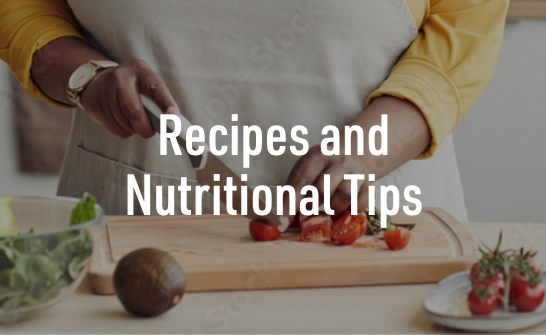Pancreatic Cancer
Diet and Nutrition
When facing pancreatic cancer, good nutrition is vital at every stage of the journey.
Making the healthiest choices possible can help patients minimize side effects, gain strength and maintain the best quality of life. Because every person has different needs, PanCAN recommends seeking support from a registered dietitian and talking to your doctor about what you may need to improve nutrition, including pancreatic enzymes. It takes a team to help people with pancreatic cancer thrive – PanCAN is here to answer your questions.
The Latest on Diet and Nutrition
From meal planning and recipe ideas to facts about enzymes and tips from dietitians, PanCAN has you covered when it comes to information on nutrition. It's a subject as varied as the people facing pancreatic cancer. We want to encourage you to eat foods that keep you strong, connected and full of joy.
 11 Easy-to-Digest Foods for Pancreatic Cancer Patients
Read More >
11 Easy-to-Digest Foods for Pancreatic Cancer Patients
Read More >
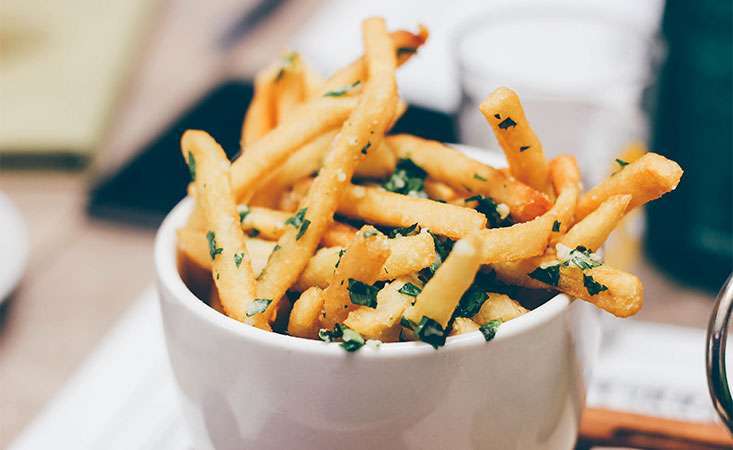 Friday Fix: Foods Pancreatic Cancer Patients Should Avoid
Read More >
Friday Fix: Foods Pancreatic Cancer Patients Should Avoid
Read More >
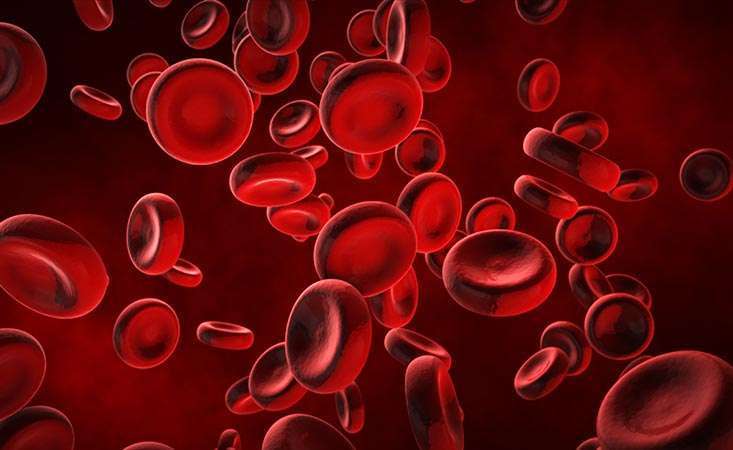 What to Know About Anemia and Pancreatic Cancer
Read More >
What to Know About Anemia and Pancreatic Cancer
Read More >
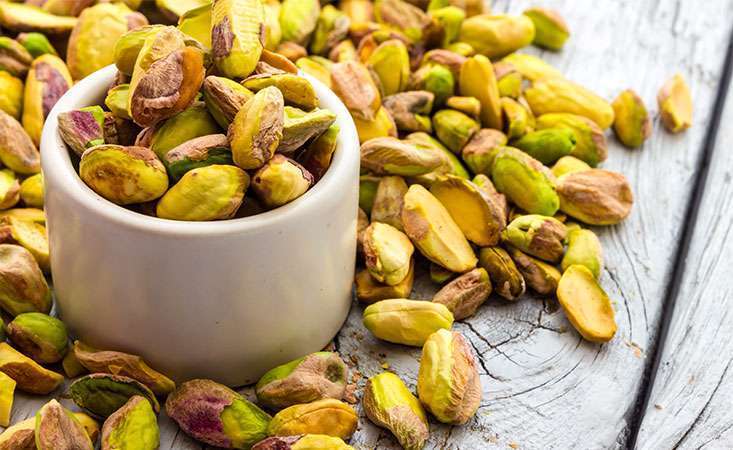 Go-To Snacks for Pancreatic Cancer Patients
Read More >
Go-To Snacks for Pancreatic Cancer Patients
Read More >
Educational Videos about Diet and Nutrition
 What Pancreatic Cancer Patients and Caregivers Need to Know
What Pancreatic Cancer Patients and Caregivers Need to Know
Hear from a panel of dietitians, a pancreatic cancer survivor and a PanCAN Patient Services Manager on topics related to nutrition
Watch our webinar
Original Air Date: June 22, 2022
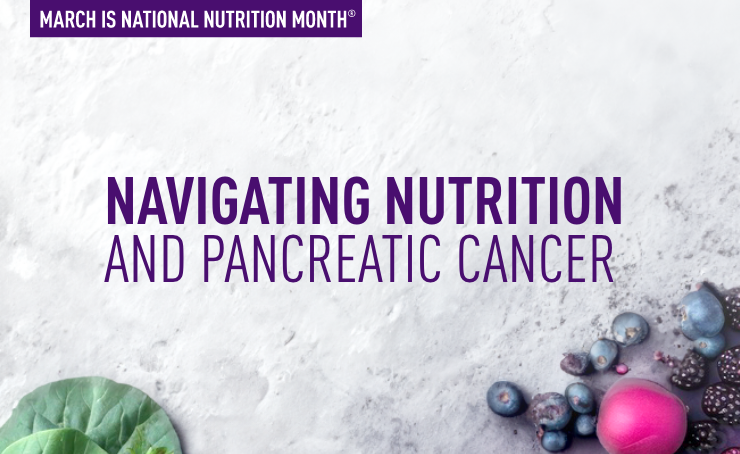 Navigating Nutrition and
Navigating Nutrition and Pancreatic Cancer
Watch our webinar to learn more about the importance of diet and nutrition at every phase of the pancreatic cancer journey.
Watch our webinar
Original Air Date: March 28, 2024
For free personalized information on diet and nutrition, contact PanCAN Patient Services. And download our comprehensive diet and nutrition booklet.

